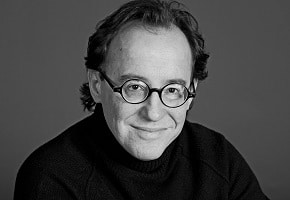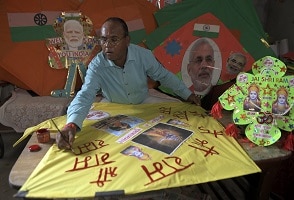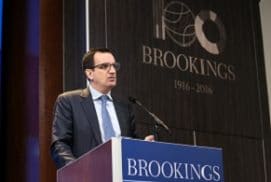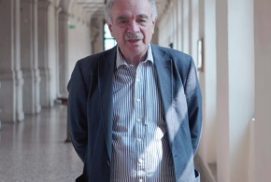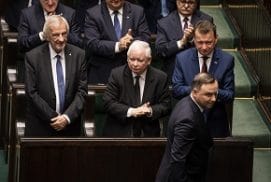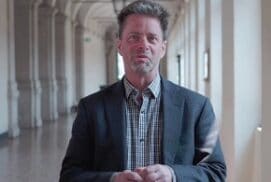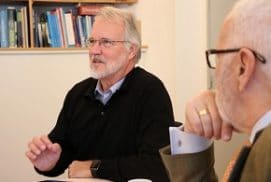Giancarlo Bosetti 24 April 2025
Pope Francis has been labeled by his critics as a populist, a claim that must be firmly rejected—unless we are willing to define as populist anyone who cares about the problem of poverty. Such an assumption would be absurd and repugnant. Populism is a broad concept with various meanings: in the North American context, in 19th-century Russia, and in Latin America during the 20th century. Today, especially in the West, the term refers to heterogeneous political groups that foster resentment toward political and economic elites, as well as hostility toward immigrants, refugees, and foreigners in general: a “we” versus “them” dynamic—against those in power on one hand, and against “others” and the “different” on the other, perceived as a threat to the interests of the native and resident population.





